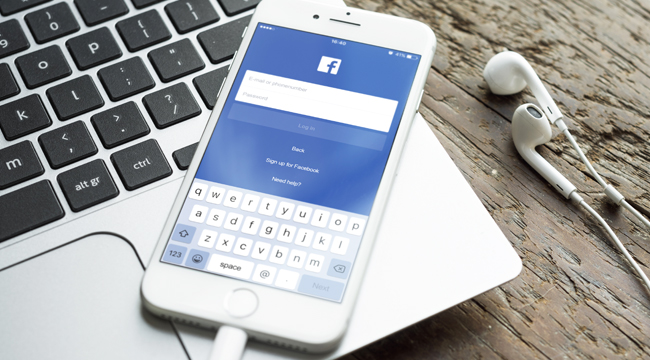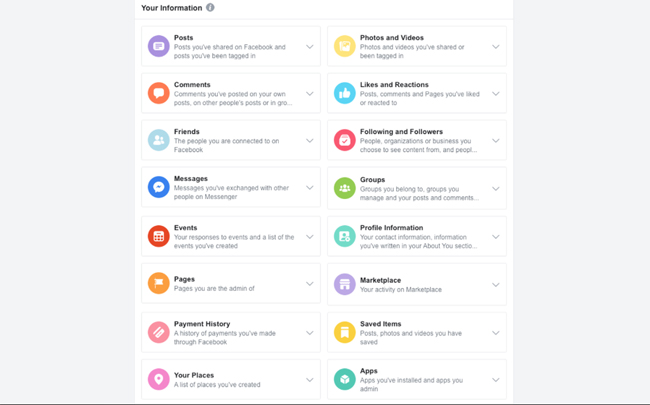
The effects of Facebook’s current privacy crisis — which was jump started after a Cambridge Analytica whistleblower was booted from the platform for exposing the harvesting of 50 million profiles — led to massive apologies from CEO Mark Zuckerberg. However, it was then revealed that Facebook has been scraping text and call data from Android phones for years, and the company responded to that mess by arguing that users inadvertently agreed to the process during the signup process (i.e., uploading phone contacts, which is presented as a convenient way to locate more friends on the network).
Well, that latest PR blunder only served to further fuel the #DeleteFacebook movement’s momentum. So, Facebook is attempting to set things right in the future by making it easier to modify existing privacy and security settings in one location. The platform really hasn’t explained much about the process yet, but in a Facebook Newsroom post, the social media platform showed off a screencap for an upcoming centralized location for these settings.

As the New York Times points out, users currently need to “go to roughly 20 separate sections” in order to modify all of these privacy and security sections regarding posts, likes, photos, apps, and check-ins to various businesses. Presumably, this may have been the case by design, since it was in Facebook’s best financial interest to make it difficult for users to protect this data from advertisers. However, the current backlash is riding so high that Facebook has made a drastic change. In addition, the company has offered this tidbit:
We’re also making it easier to download the data you’ve shared with Facebook – it’s your data, after all. You can download a secure copy and even move it to another service. This includes photos you’ve uploaded, contacts you’ve added to your account, posts on your timeline, and more.
This marks an other possible departure from the platform’s previous stance. One was able to download a zip file of their user file from Facebook, but it was presumed that it could not be removed from the platform. Now, Facebook says that a person can move this data to another social network, but they don’t reveal whether Facebook will still “own” this data. They do state, “It’s your data, after all,” so perhaps there’s a genuine shift occurring in Facebook’s thinking. It took multiple scandals to reach this point, but better late than never?
(Via Facebook Newsroom & New York Times)
